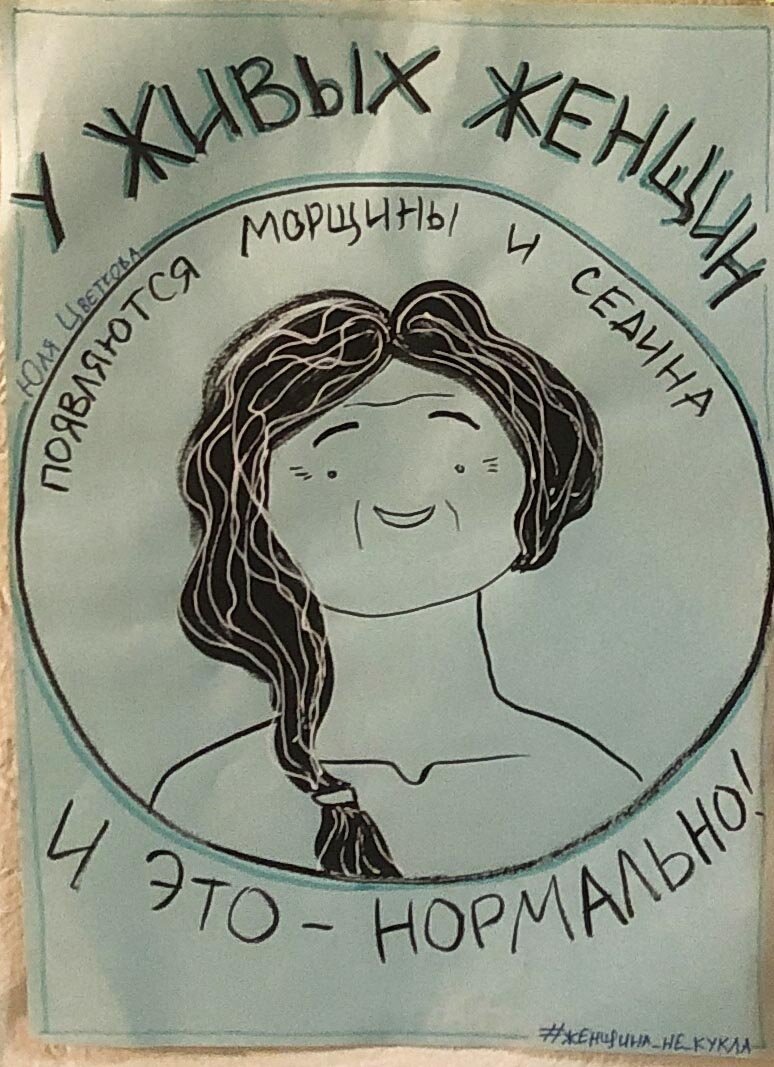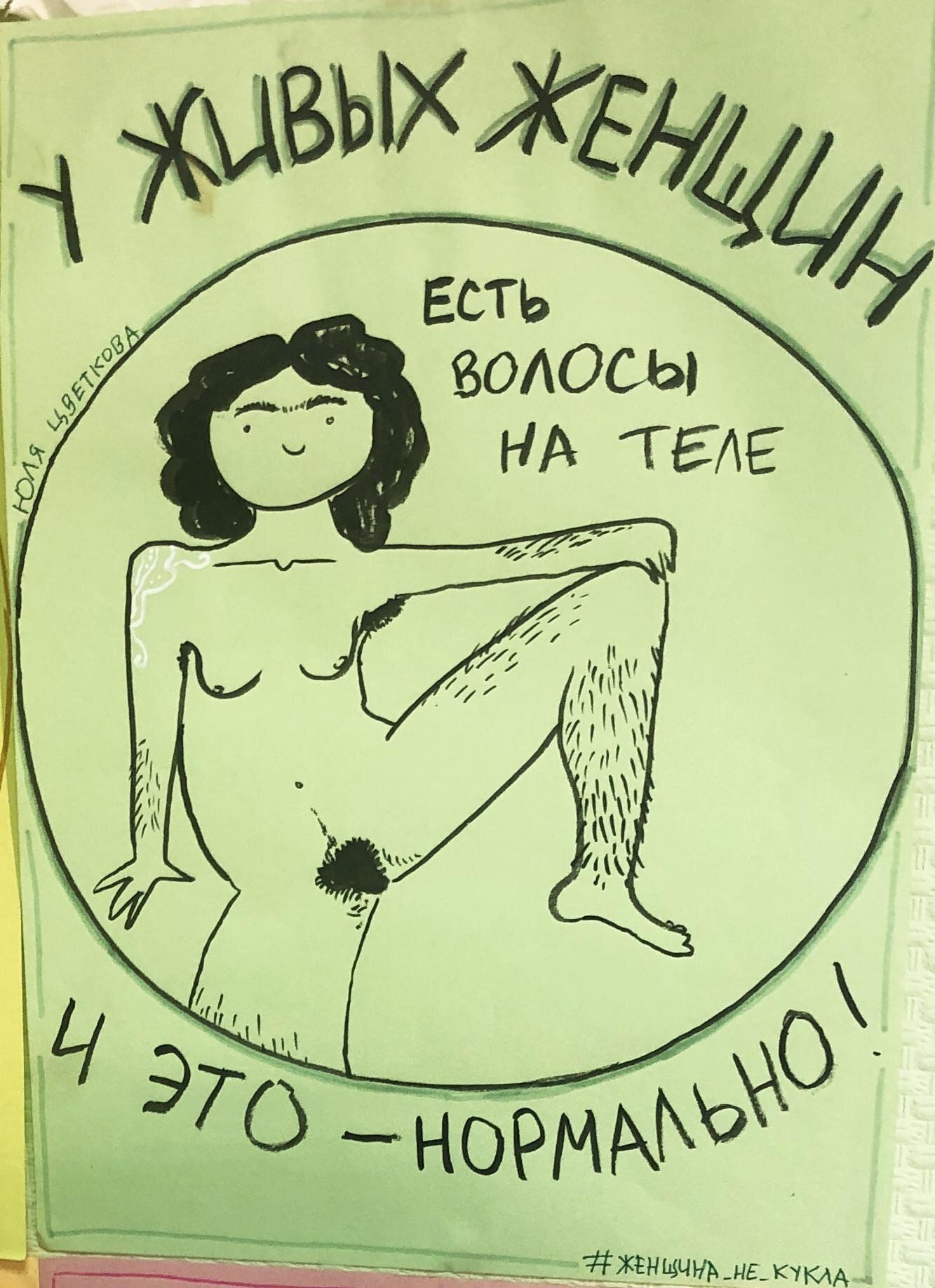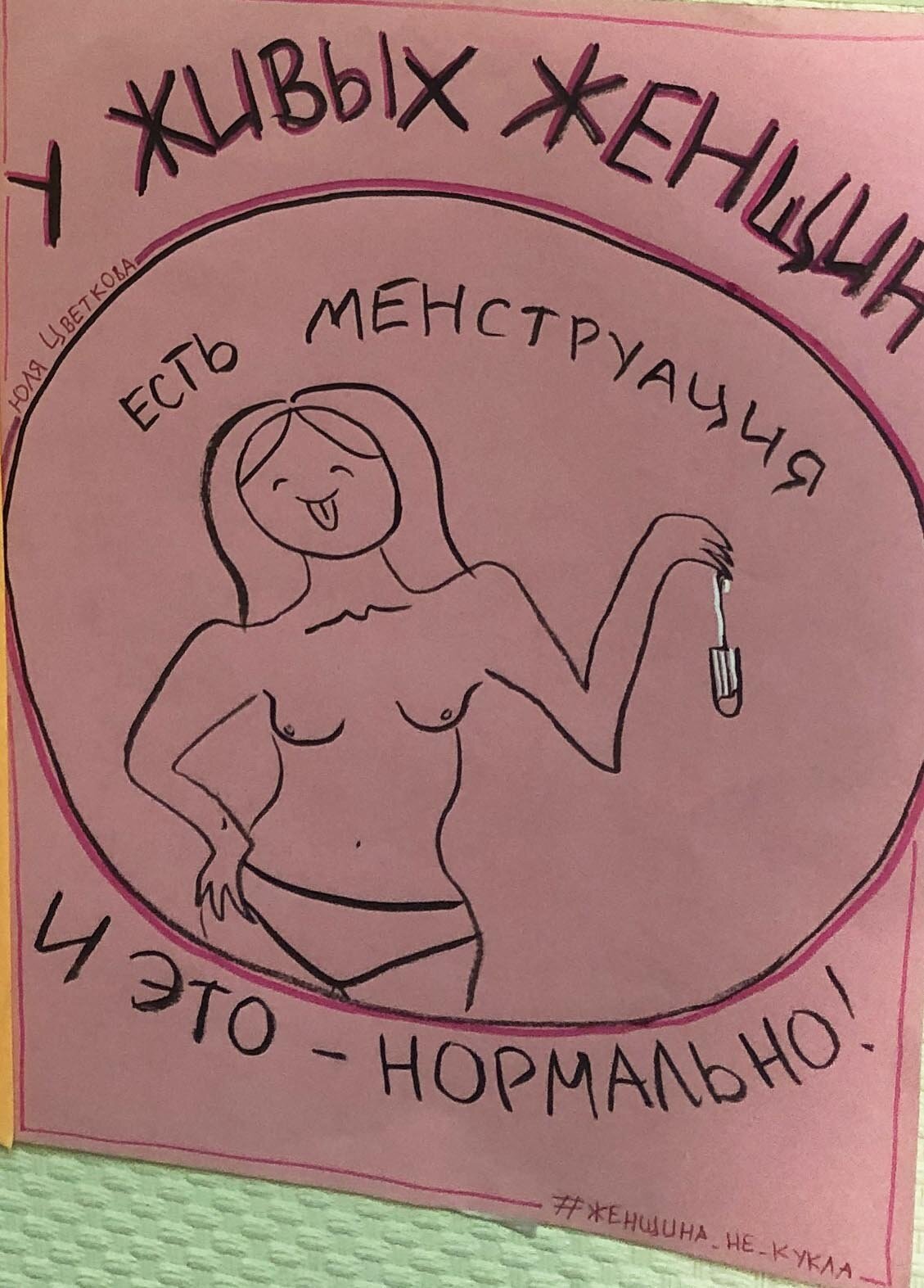Queer cinema, art, literature, or music in Russia? Censored!
Article - Arina Kosareva
Since December 2022, so-called “gay propaganda” is completely banned in the Russian Federation. This means that virtually any representation of LGBTQ+ community and non-heterosexual — or, per Russian law-makers, “non-traditional” — relationships in media is considered illegal and, therefore, grounds for a hefty administrative fine not only for large companies such as streaming services or social media but also for regular people. It is as ghastly as you think – and much, much worse.
Photo: Raphael Renter / Unsplash
Russian culture vs. queerness
Elton John was one of the first Western performers to have visited the USSR – in 1979, his arrival sparked unprecedented excitement, and the two concerts he gave in Leningrad (now St. Petersburg) and Moscow are rightfully placed among the most meaningful cultural events of that era. His second visit occurred in 1995, only after the Soviet Union ceased to exist, and since then John became a frequent guest of various Russian venues — before COVID-19 hit hard in early 2020, he gave the total of 34 (!) concerts, with the latest taking place in 2017.
One very distinct feature of the Russian culture as a phenomenon is its puzzling, often controversial duality. Somehow, Russians manage to exist in two planes simultaneously: the normative, officially regulated, conservative — and the personal, chaotic, liberal. Switching between these planes is instantaneous and unconscious — as if we were in an abusive relationship (which we are — seemingly forever, with our own homeland), we are instinctively forced to register even the slightest shift in interaction and adapt accordingly.
Taron Egerton portraying Elton John in Rocketman (2019). Photo & copyright: Paramount
This is why average Russians eagerly listen to John’s music, and accept, love, and cheer for him in privacy of their daily life — and yet choose to overlook an intrinsic aspect of his personality once it becomes a part of a wider, public discourse. In 2019, Rocketman — a fantasy biopic about John’s life and career starring Taron Egerton, mostly acclaimed by the singer himself, premiered in Russian cinema theaters. Several crucial to the plot, and John’s life, for that matter, scenes — everything related to his homosexuality, essentially, — were removed by the film distributors.
In 2021, a similar decision was made prior to the premiere of Supernova — a heart-breaking drama about a married gay couple with Colin Firth and Stanley Tucci, exploring how progressing dementia of one of the partners affects and alters their life and relationship. All scenes featuring intimacy between the main characters were cut out of the film, making it look like a story about, well, two very good friends.
Both instances are vivid examples of self-censorship in Russia, heavily criticized by its intellectuals, LGBTQ+ activists, and the rest of the world. These instances were dictated by this very duality of culture — in a similar way, Russia enjoyed music by Pyotr Ilyich Tchaikovsky, one of the most acclaimed Russian composers of the 19th century, and turned a blind eye to the fact that he was gay.
Homosexuality was illegal in Tchaikovsky’s days, though, — and, for that matter, not only in the Russian Empire but in the rest of the world as well. This is not the case nowadays, and no official decree ascribing companies to censor queer content existed in 2019 or 2021. But they did it anyway, trying to soothe and please the bigoted government.
There was one law, though, which did regulate LGBTQ+ representation in popular culture at the time. It existed since 2013 and was aimed at protecting minors from the “propaganda of non-traditional sexual relations.” In practice, it meant only that anything with explicitly non-heterosexual content had to be labeled with “18+” sign, and people under that age were not allowed to purchase or access it.
The fate and future of queer cinema, art, literature, and music in Russia
In hindsight, such proactiveness of Russian film distributors has an eerie, discomforting vibe. Starting from December 2022, they have no other choice than to censor any LGBTQ+ content — labeled as “gay propaganda,” it is now illegal among both minors and adults. Considering that any Western movie will hardly premiere in the country in the nearest future — several large film studios pulled from Russia shortly after its invasion in Ukraine in February of the same year — this new law, at the first glance, seems not only heavily discriminating but also a little redundant.
And it is not that there is no queer cinema made in Russia and by Russians — such films are so niche already that the general public barely acknowledges them. Some are featured only online — Here I Come (2020), for example, is a YouTube mini-series about a young gay man trying to come to terms with his sexuality. Some are shown at small-scale film festivals both in Europe and in Russia — like Outlaw (2020) that follows the story of a transgender woman in the USSR and a gay student in contemporary Moscow. Some even premiere in Cannes — as Kirill Serebrennikov’s Uchenik, Russian for “The Student” (2016), where homosexuality is one of the side themes of the plot. Mostly praised by the critics, this film remained fairly unnoticed by the majority of Russians.
The new law not only hinders the production and distribution of any LGBTQ+-themed films in Russia but also affects anything even slightly related to queerness, regardless of when and where it was made. Scenes with non-heterosexual content were either cut out or edited from well-known TV series: in some episodes of The White Lotus (2021-…), for example, the word “gay” was translated as “man,” and in the Sex and the City (1998-2004) — as “boy,” along with total removal of any mention of lesbians. Such films as Brokeback Mountain (2005) or Call Me by Your Name (2017) are banned now, too, and in the Russian translation of the Hogwarts Legacy, one of the characters introduces her wife as a “friend.”
A surveillance system “Oculus” was launched to keep track of “gay propaganda” in the Russian internet. If any instance is uncovered, a streaming service, social network, or media will be forced to pay a crippling fine — the sum varies between 10,500 and 132,000 USD and depends on various factors. Regular people could be fined, too, — for a post on social media, for example, they would have to part with between 670 and 10,500 USD (considering the current exchange rate), also depending on the circumstances. The only silver lining of this whole ordeal is that these are administrative fines, and no criminal persecution is stipulated in the law — at least for now.
Nonetheless, government officials are incredibly ingenious when it comes to persecution and prosecution of people they see as “undesirable.” One way to silence LGBTQ+ activists is to accuse them of “producing and distributing pornographic content,” which is a criminal offense. This was the case with Yulia Tsvetkova — a Russian artist who faced from 2 to 6 years in prison after being charged with violating this law for posting feminist art on VK social media (aka “Russian Facebook”): first for drawings of vagina for the page “Vagina Monologues,” then for a body-positive series “A Woman Is Not a Doll.” Thankfully, Tsvetkova was cleared of all charges in summer 2022 and left the country shortly afterwards.
The book industry, always slightly independent from the Russian official discourse, is also facing censorship-related challenges. Popcorn Books, and independent publishing house focusing on queer literature, is now under investigation for breaking the law on “gay propaganda.” They became well-known in 2021, after a novel called Summer in a Pioneer Tie, a queer teen romance, was released, becoming one of the bestsellers of the year. The case against Popcorn Books was open in early 2023, and since then the owners halted the production of books and are allegedly looking for buyers.
Queer music, perhaps, is the only part of the Russian culture seemingly unaffected by the new discriminatory legislation. There certainly are cases of LGBTQ+ musicians being deliberately targeted for their sexuality — but not for their art. Yet. For the year of 2023 has only just begun, and the “Oculus” system is quite a dystopian tool which has all the chances to prove its efficacy.
It is as if queer people do not exist in Russia
Or this is, at least, what the current Russian authorities are aiming to achieve. The law against LGBTQ+ community is rooted in the false and yet widespread notion that upbringing dictates any person’s sexual identity and gender. In other words, when it comes to nature vs. nurture, the government is firmly on the latter side — despite its absolutely unscientific character.
According to the LGBT+ Pride 2021 Global Survey, 83% of Russians claim they are attracted only to the opposite sex, while only 6% identify as not heterosexual. The numbers stop adding up when you go deeper into the statistics: for instance, 14% of the respondents say that they have a relative, friend, or work colleague who is homosexual. Of course, as any survey, this report has its limitations and does not suggest total results. But, I reckon, it may be indicative of at least one certain tendency: people in Russia prefer to conceal their true identity for the most basic of reasons — their own protection.
It is simply not safe to identify as a queer person in Russia. As COWI's status report on sentiments towards LGBTQ+ community in Russia indicates, in 2010s the majority of people were neutral towards non-heterosexuals — nonetheless, homophobia occurred during public displays of queerness. Since 2013, the situation deteriorated dramatically, with a growing array of hate crimes such as harassment or violent attacks being reported, according to the Human Rights Watch report from late 2014. It is no doubt, then, that the 2022 law is going to make the lives of queer people in Russia significantly more challenging and dangerous, forcing them to remain closeted and, if — and it is a big if! — possible, flee their home.




